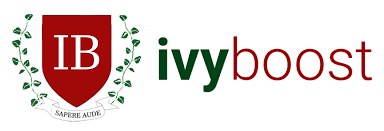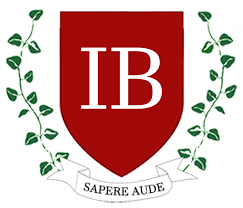Starting Too Soon

Photo by Jonathan Chng on Unsplash
By Albert Leo
You picked out a topic you’re excited about! Now where do you begin?
With my track shoe’s spikes digging into the pavement, I launched into strides down the runway. My problem with the long jump was that I often sabotaged myself before I even started my ascent into the air and landed in the sandpit.
In my anticipation of the jump, I would fumble my footing and jump too soon.
Some students face this problem when telling their stories as well. In writing, we often have a saying, “Start late, end early.” I’m not talking about a great introductory sentence to hook your audience. We’ll discuss that later in another post, but when do you actually start your story in terms of the events of what happened?
I’m sure we remember conversations with friends and family that hype up a scintillating story. They’re so excited, they start all the way back to the beginning and give you every morsel of detail and background information. Sometimes this works, but other times, that can delay from the juicy and important parts of the story. This kind of meandering storytelling is fine over a long breezy brunch but can waste time that you don’t have in 650 words.
When editing time comes around, you might end up deleting whole chunks of your essay because you haven’t even gotten to the parts that highlighted your transformation and values.
One of my students once went so far back in the past, he talked about developing object permanence as a child. As a way to try to sneak in psychology jargon, that part ended up sounding potentially pretentious and contrived because there’s no way a child could remember when they acquired this skill development at two years old. He started way too soon.
Although you can absolutely start your stories during pivotal moments in your childhood, it’s important to know that retelling generic milestones won’t set you apart, and you risk not concentrating on your more recent experiences that can distinguish your individuality.
Other students sometimes talk about their parents or somebody’s life story who was inspirational to them. The problem is they’re now anchoring their story to somebody else rather than themselves. By starting too soon, you can get caught up in A story, but not THE story you want to tell about yourself. No one wants to watch a movie about Captain America starting from when he first learns how to read.
If you’re writing a more narrative story, I’d advise students to start at an exciting moment right before they start their main journey. For example, if you’re writing about your love of programming, perhaps you can skip past your first ‘Hello World’ assignment and jump into how you noticed a problem in your community and created an app or website to alleviate the problem. If you want to talk about overcoming negative thoughts by missing your flight to your debate tournament, maybe you don’t have to start the night before when packing your suitcase. Start at the ticket counter when you’ve already missed the flight.
The main thing to ask yourself is, would the story still work without this beginning? If the answer is yes, the start of your story can be pushed later. If your beginning is riveting and exciting, people won’t miss an extraneous prologue. You can be passionate about your life but be diligent in focusing your story so you can clearly accentuate your emotional arc. Take off at the right time.

